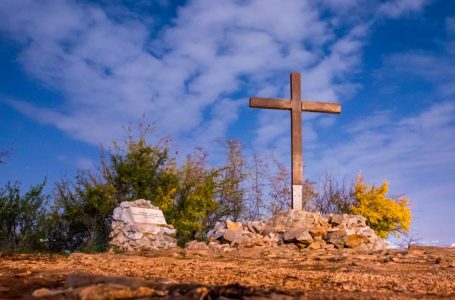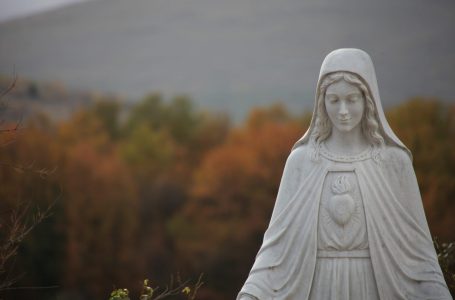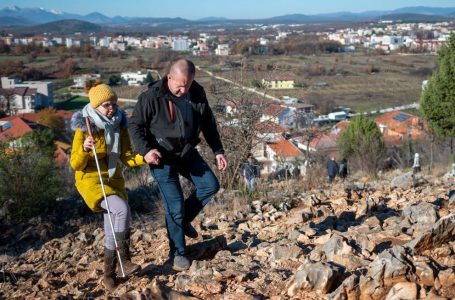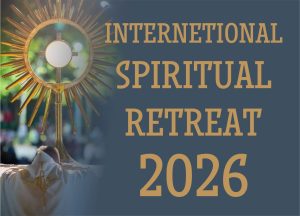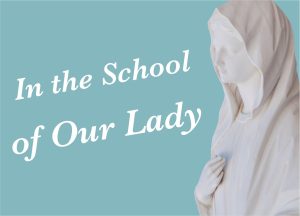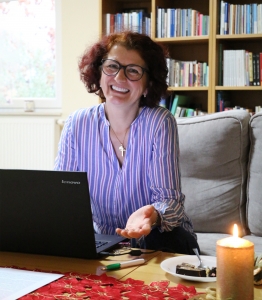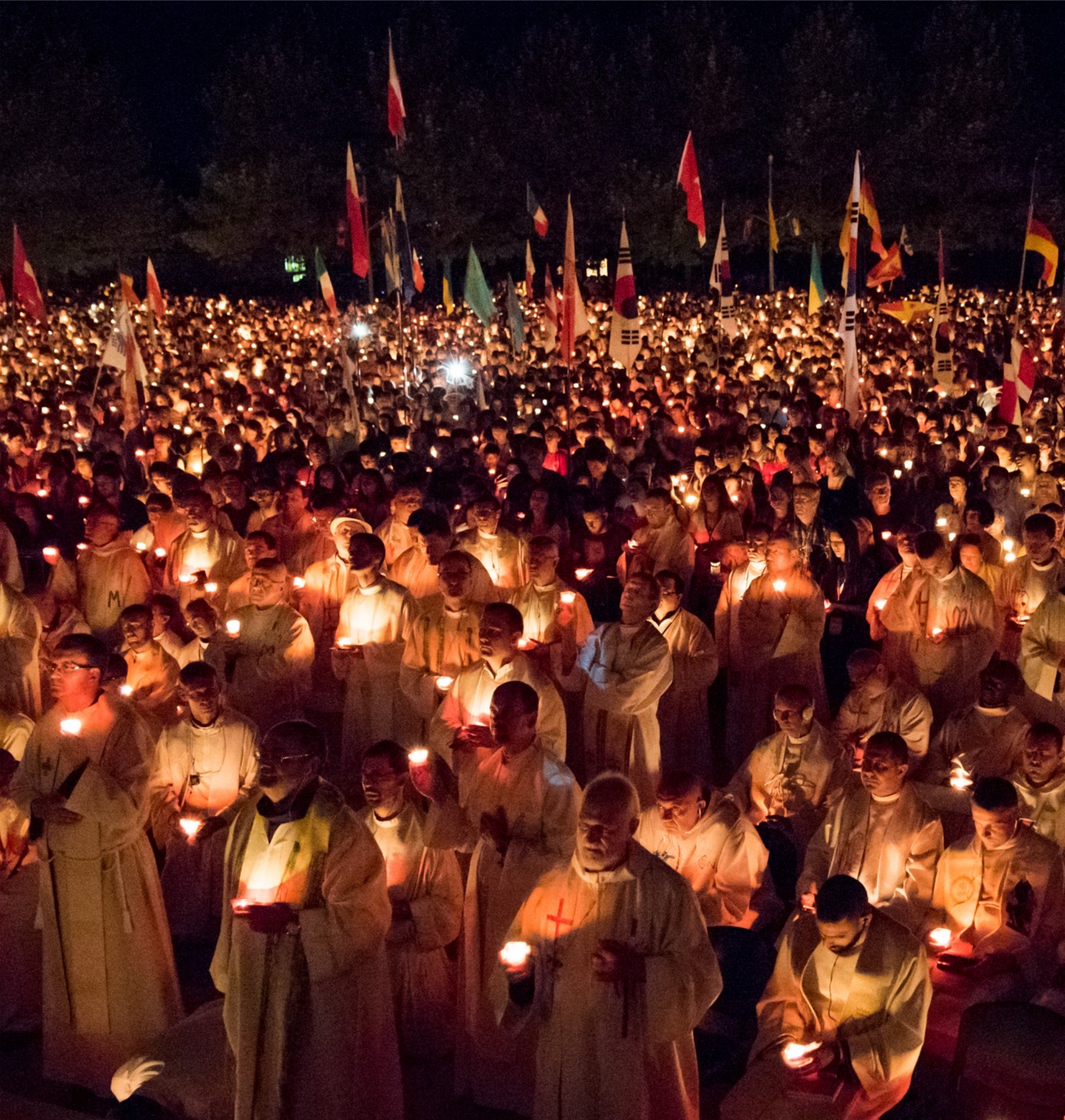
COMMITMENT
One of the major pastoral problems concerning Holy Mass is the question of how to motivate the faithful to participate better and in a more fruitful way, how to begin to consider Holy Mass as their own, and not as something that concerns only the priest. There is a rule in education, in accepting and experiencing things, that says: The more we are involved, the better we understand and accept things and realise that they concern us. And if we suffer for something, we feel that it belongs to us even more deeply, and we become actively responsible for it.
Some might think that perhaps it is the priest’s responsibility how much the faithful will experience Holy Mass as their own, depending on how much he permits them to participate actively. It depends on the priest whether the faithful will come to Mass as active participants or as pupils who have to listen to the teacher and do their homework. Searching for the guilty party would not be in the spirit of Our Lady’s messages. We should all try to participate actively and contribute so that Holy Mass can be a shared experience, a shared responsibility and a shared joy. Problems will be resolved as we grow in faith, love and spiritual life, and then, Holy Mass will truly become an encounter with God and an experience of God. In any case, it would be good and useful to enrich different parts of the Mass with appropriate expressions and symbols, which will spring forth from an active faith and prayer.
Our liturgical celebrations, especially of the Eucharist, became a lifeless routine without a personal contribution on the part of the priest, and especially on the part of the faithful. When young Christians from Africa come for the first time to our western liturgy, they often have negative surprises. First of all because of the speed with which we celebrate, and then because of the inexpressiveness of our liturgies. They speak with enthusiasm about their offertories, about the rhythmic movements that accompany their songs, which help them understand better the Word of God and give a personal response. When the priest, for instance, announces the reading of the Gospel, the assembly cries for joy because God speaks to His people and the people rejoice.
We have to remain open to the Holy Spirit. This does not concern merely the priest who presides over Holy Mass, but the whole community that gathers together. Liturgy is the encounter of God with His people. With a little bit of imagination and a little bit of love – and love is imaginative – our participation can grow and bring abundant fruits, and help us to experience Holy Mass as an experience of God – the living, true, unique, holy, merciful, just God, our Healer and our Redeemer.


